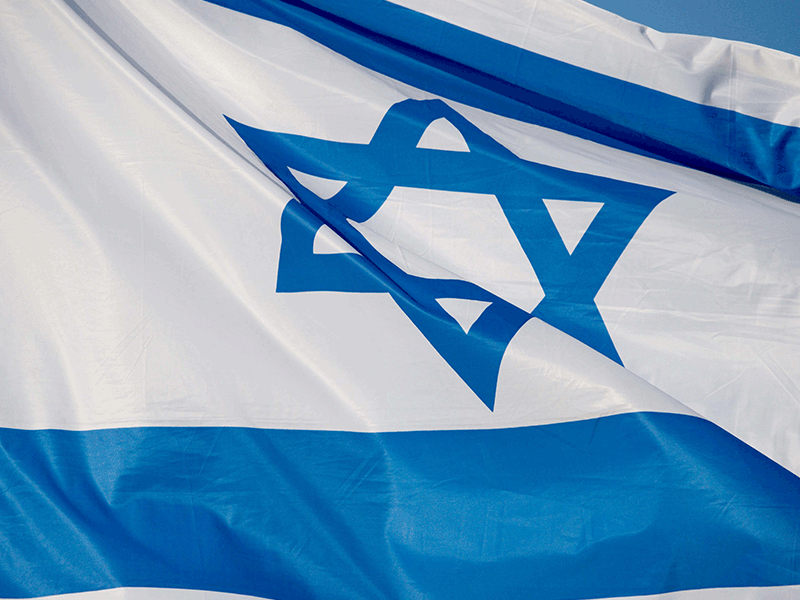Who are the members of the Joint List? Is it possible for them to participate constructively in Israel’s political system? Is it unthinkable, as Benjamin Netanyahu has insisted, that any Israeli government should include them or depend on their support in the Knesset?
The Joint list is an alliance of four Arab led parties in Israel. Drawing their votes mostly from Israeli Arabs, their positions vary on social and economic issues, on the Israeli Palestinian conflict and relations between Arabs and Jews. Here is an overview of the constituent parties and some of their leading figures.
BALAD (Brit Leumit Demokratit or National Democratic Alliance) is an Arab nationalist party opposed to the status of Israel as a Jewish state, and supportive of a Palestinian Arab right of return to Israel. They advocate for Arab autonomy within Israel. Its members have sometimes run afoul of Israeli law due to their actions and public statements. These members include Hanan Zoabi from Nazareth, who rode on the Mavi Marmara when it tried to run the Gaza blockade. Zoabi was stripped of some of her Knesset privileges as a result. The party leader today is Mtanes Shehadah who was born in Nazareth and attended the University of Haifa.
TA’AL (Tnua Aravit l’Hithadshut or Arab Movement for Renewal) is the political vehicle of Ahmed Tibi, an outspoken Israeli Arab nationalist. Tibi was born in Tayibe, an Israeli Arab town South East of Netanya. He studied medicine at Hebrew University and was an advisor to Yasser Arafat before running for the Knesset. Like Haneen Zoabi, Tibi has said that the idea of a Jewish state is racist. Like members of BALAD he has been blocked from running by the Israeli electoral commission, but this was overturned by the Israeli Supreme Court. Tibi has, at one time or another, run in alliance with each of the other Arab parties.
HADASH (Hahazit HaDemokratit LeShalom uLeShivon or Democratic Front for Peace and Equality) is a leftist coalition which includes the Israeli Communist party and other leftist groups. While retaining demands for a socialist state, HADASH has become more supportive of Arab nationalism over time. They support two states on the 1967 lines and demand the withdrawal of all Israelis who have settled beyond the green line. They call for “right of return or compensation” for the Palestinian refugees of 1948 and their descendants. The party draws much of its support from Christian Arabs and a small number of left-wing Jews. In 2015 HADASH expressed support of boycotting Israeli companies that operate beyond the green line.
The leader of HADASH is Ayman Odeh, who is also the leader of the joint list as a whole. Odeh was born in Haifa in a Muslim family, but describes himself today as having transcended religion and ethnicity. During a televised debate prior to the 2015 election, he memorably confronted Avigdor Liberman who said he was not welcome in Israel by pointing out that he was native born while Liberman was an immigrant.
RA’AM (Reshima HaAravit HaMeuchedet or United Arab List) is an Islamic party which draws much of its support from Israeli Beduin. The party supports a two-state solution on the 1967 lines and equal rights for Israeli Arabs.
Joint List leader Ayman Odeh quoted Hallel after the election in December, 2019: “The stone discarded by the builders has become the keystone”. This week Blue and White leader Benny Gantz received the support of all 15 Joint List MKs as their choice for Prime Minister. Until now, the Arab parties have mostly shunned any collaboration with Zionist parties.
It is understandable that Netanyahu would insist that the Arab parties should play no role in forming an Israeli government, but Blue and White leader Benny Gantz, who is also supported by the Zionist left and by nationalist Avigdor Liberman, is putting the idea to the test. Whatever the outcome, a new era has begun in Israeli politics.
